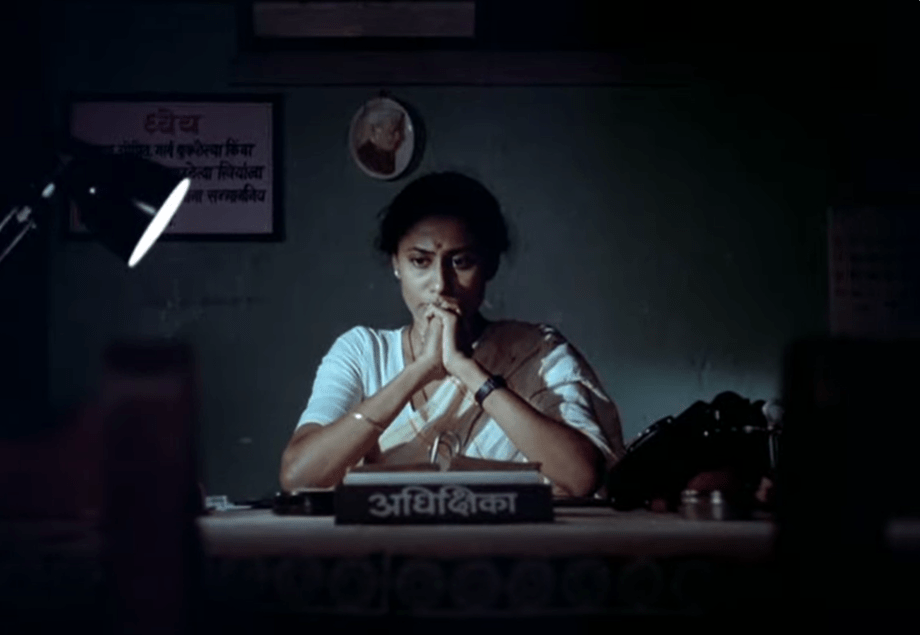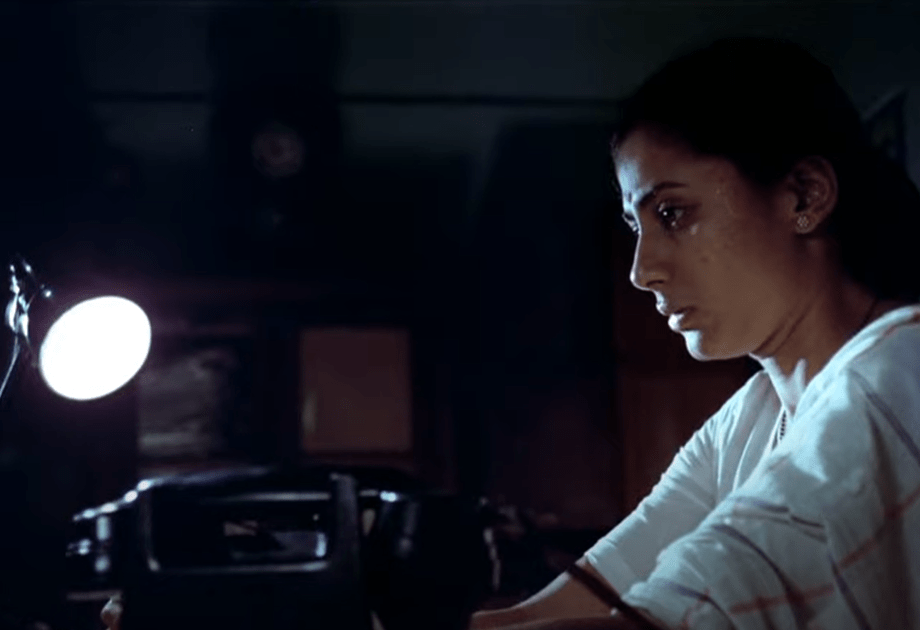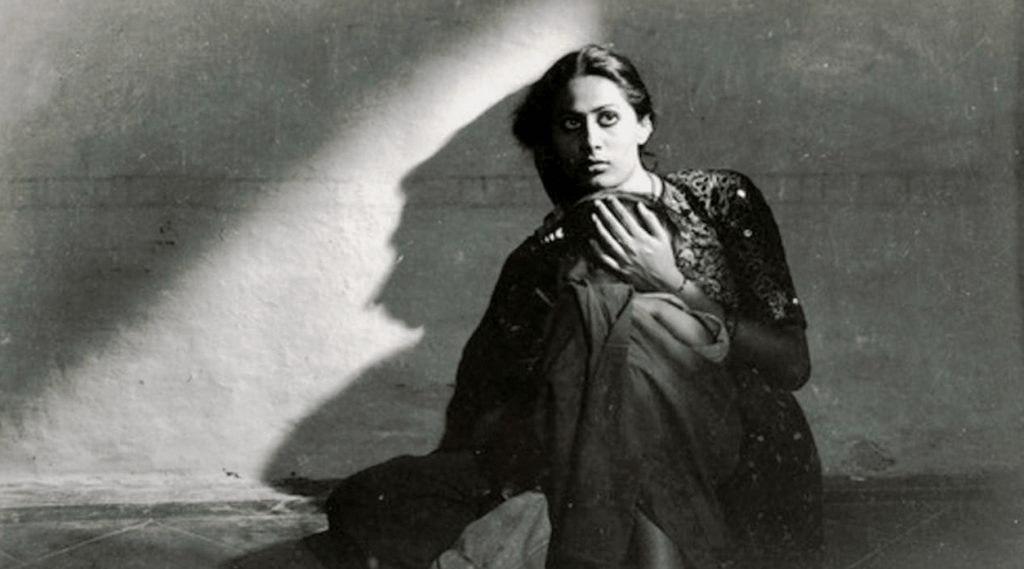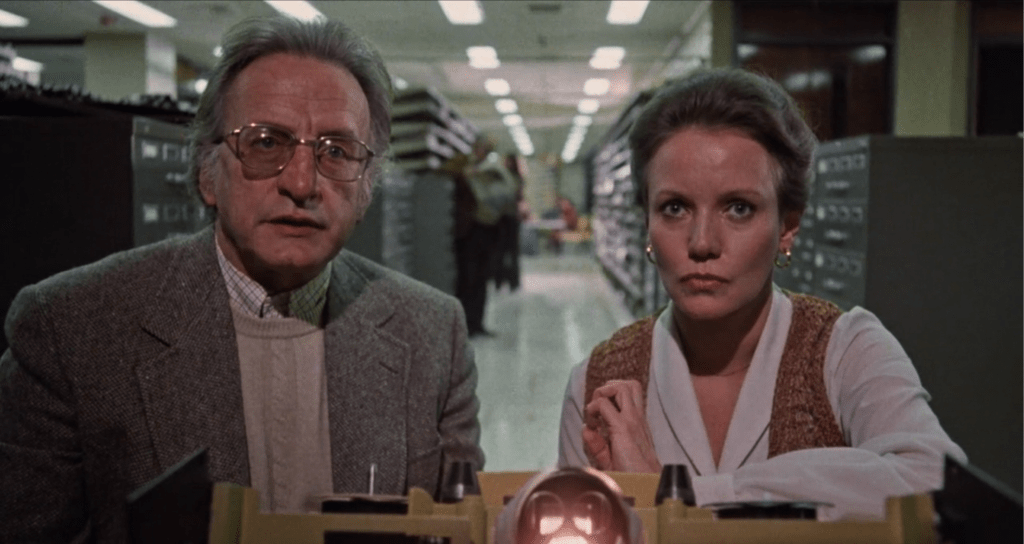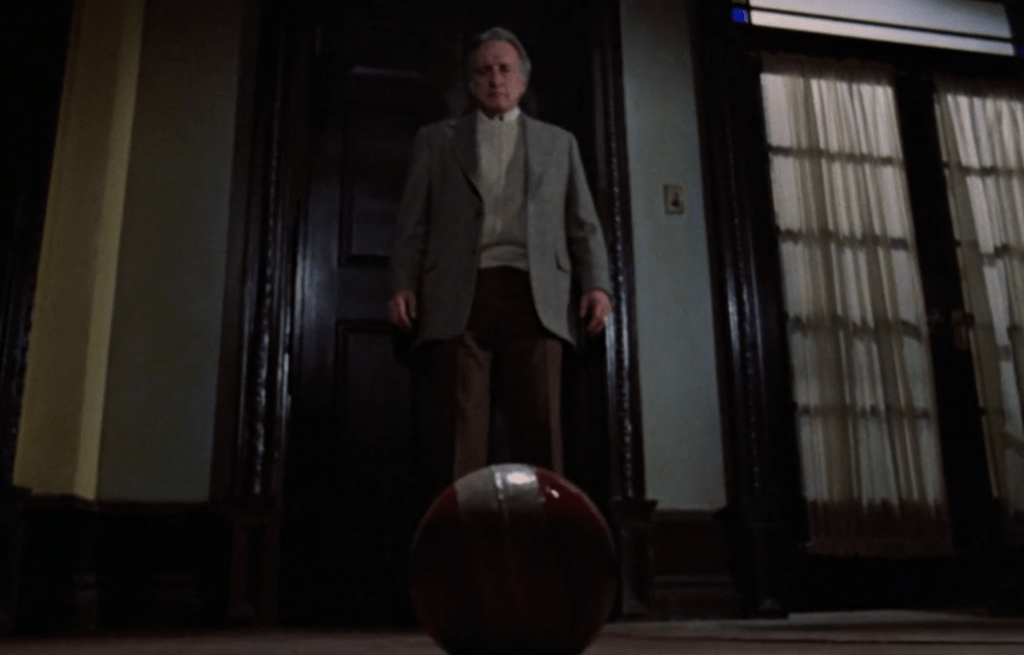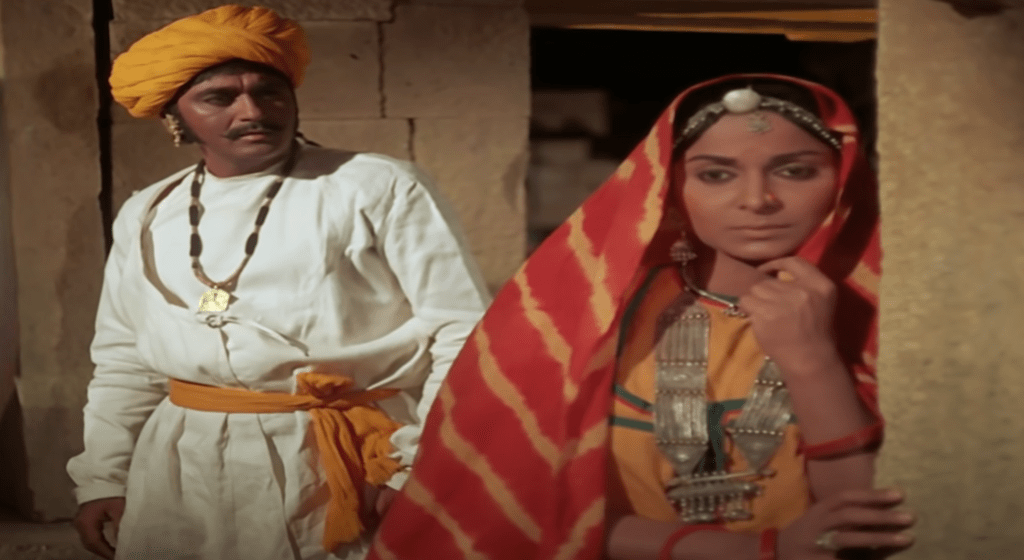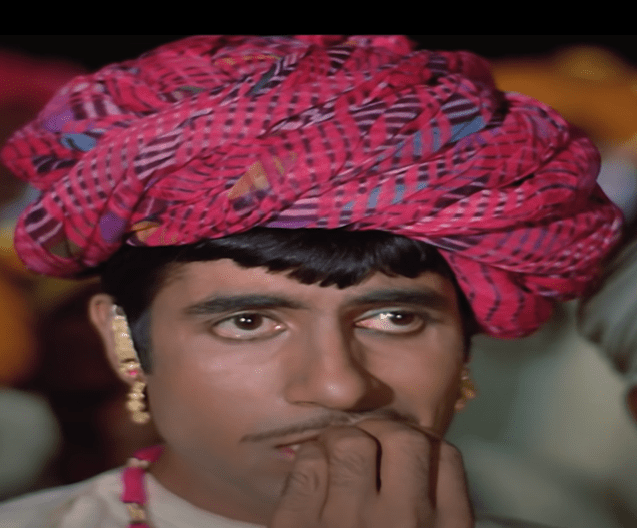Released in 1999
Genre– Drama, Psychological
8.5/10
Main Cast: Nicolas Cage
Music– Elmer Bernstein
Screenplay: Paul Schrader
(Based on the book ‘Bringing Out the Dead’ by Joe Connelly)
Direction– Martin Scorsese
BRIEF INTRODUCTION
Enter the gritty world of ‘Bringing Out the Dead’ (1999), a gripping tale directed by Martin Scorsese. The film follows Frank Pierce (played by Nicolas Cage), a weary paramedic navigating the chaotic nights of
New York City. Haunted by the ghosts of those he couldn’t save,
Frank embarks on a desperate quest for redemption and solace amidst the relentless madness of emergency rescue. With Scorsese’s signature style, the movie delves into the raw emotions, pressures, and relentless struggle of those fighting to save lives in a city that never sleeps.
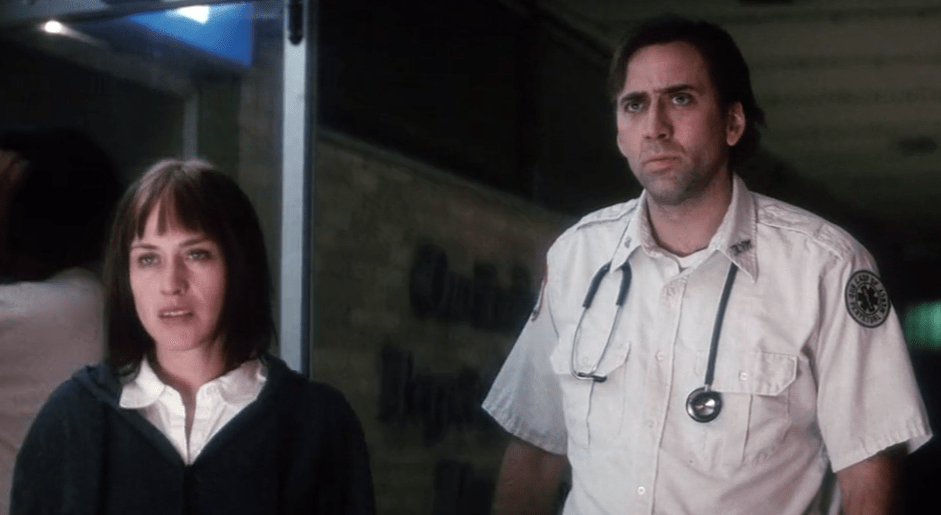
“Bringing Out the Dead” (1999)
My Comments
Bringing Out the Dead marks a profound departure from Scorsese’s prior filmography, delving into a remarkably distinct theme. The film exudes a rare and palpable intensity, underpinned by a beautifully crafted backdrop. It stands as a singular cinematic exploration of the lives of paramedics, unraveling their internal struggles in a manner that triumphantly maintains empathy and humanity in every scene. Among Scorsese’s repertoire, Bringing Out the Dead emerges as his most sensitive portrayal.
The film sheds light on the daily experiences of paramedics and EMS (Emergency Medical Services) personnel, delving into the psychological depths that extend beyond the noble act of saving lives. For me, it offered an eye-opening revelation, providing insight into a profession I had previously known little about.
Witnessing Nicolas Cage in various roles, his portrayal of Frank Pierce in this film was an entirely novel experience. He effortlessly shines, delivering one of the finest performances of his career.
P.S. A lesser-known fact, during filming, Martin Scorsese chose to use actual EMS vehicles and medical equipment, enhancing the film’s authenticity.
#BringingOutTheDead #JoeConnelly #MartinScorsese #NicolasCage
In case you overlooked our earlier post, here’s the link



